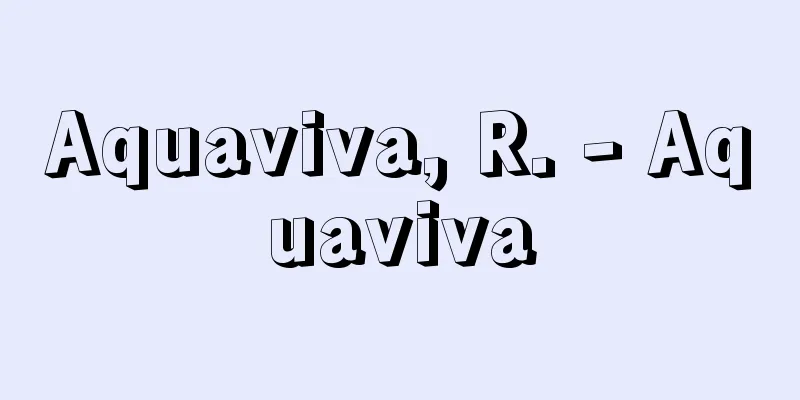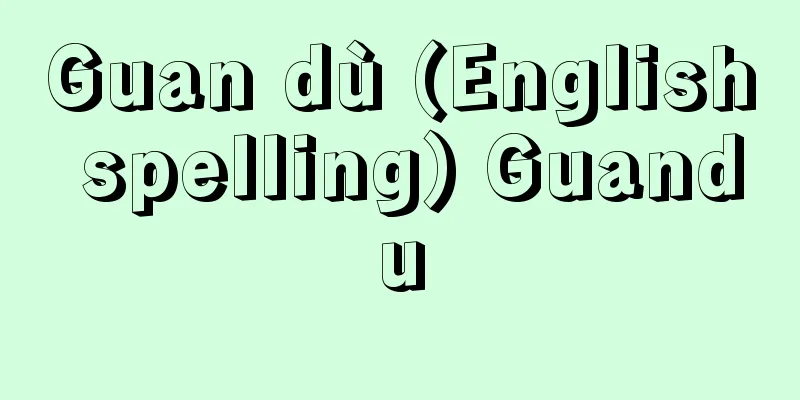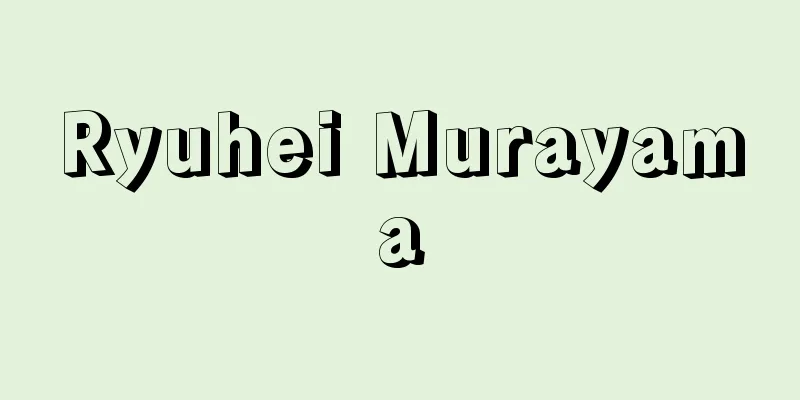Doodles - Rakusho

|
Rakusho means something without a signature or an anonymous name, and historically it has had two meanings: (1) As the Tosho-Rits, one of the chapters of the Yoro Code, states, "Anyone who posts an anonymous letter to accuse a criminal will be sentenced to two years in prison," rakusho originally referred to letters to accuse criminals. At temples and shrines from the Heian to Muromachi periods, a secret ballot to decide criminals was institutionalized, and among these, those that took the form of a kisho were called rakusho kisho. (2) Anonymous writings or poems that satirize the current situation or criticize or ridicule those in power. Those in the form of poetry are called rakushu. Rumors were spread indirectly by posting notices, throwing notes, and letters to the editor in places where the public could easily see them. They were seen in large numbers during times of political turmoil, and were created as an expression of anger among the people who could not openly criticize politics. They are also called rakugo. The majority of works that reflect the public opinion of each era are based on the anti-authority tendencies of the common people, and many of them capture historical facts from an indirect perspective and approach their essence. A pioneering example is the ancient children's song that was circulated as the voice of a god predicting the future. The highlight of medieval rakugo, which satirizes the times, is "Nijogawara Rakugo" ("Kenmu-ki"), which begins with "These days, what is happening in the capital is a decree for a night raid and robbery." This work skillfully ridicules and criticizes the political turmoil that accompanied the Kenmu Restoration in over 170 verses, and is considered a valuable historical source for exploring the state of affairs around the time of the Northern and Southern Courts. In the early modern period, with the popularity of townspeople's literature, doodles began to take on a variety of forms, including Noh plays, mono no tsukushi, and banzuke-style doodles, and the number of works increased dramatically, but the content became vulgar and their literary value diminished. [Akie Nishiki] [Reference] |Source: Shogakukan Encyclopedia Nipponica About Encyclopedia Nipponica Information | Legend |
|
落書とは署名のないもの、無記名のものの意で、歴史的には以下のように二つの意味をもつ。(1)養老律(ようろうりつ)の編目の一つである「闘訟律(とうしょうりつ)」に「匿名の書を投げて罪人を告発する者は徒(ず)二年」とあるように、落書は本来犯罪人を告発する投書をさすものであった。平安から室町時代にかけての寺社では、犯罪者を決める無記名投票が制度化しており、とくにそのなかで起請(きしょう)の形式をとったものを落書起請といった。(2)時局の風刺や権力者を批判、嘲笑(ちょうしょう)した匿名の文章や詩歌。詩歌形式のものを落首(らくしゅ)という。衆人の注目しやすい場所での貼(は)り紙、捨て文、投書によって、間接的に人々に噂(うわさ)を流布させることをねらったもので、政治の動揺期に数多くみられ、公然と政治を批判することのできない民衆の憤りの発露としてつくられた。落し文ともいう。各時代の世論を反映した作品の大部分は、庶民の反権力志向に基づくものであり、史実を側面からとらえ、その本質に迫るものが多い。先駆的例としては、未来を予言する神の声として流布した古代の童謡(わざうた)が知られている。時勢を風刺した中世落書の白眉(はくび)は「此比(このごろ)都ニハヤル物 夜討(ようち)強盗謀綸旨(にせりんじ)」で始まる「二条河原(がわら)落書」(『建武(けんむ)記』)である。これは、建武の新政に伴う政治の混乱ぶりを百七十余句のなかで巧みに嘲弄(ちょうろう)、批判したもので、南北朝前後の世情を探るうえで貴重な史料とされている。近世に入ると、町人文学の盛行に伴い、落書は、謡曲、物は尽くし、番付型など多様な形態をとるようになり、作品数も激増するが、その内容は卑俗化し、文芸的価値は乏しくなる。 [錦 昭江] [参照項目] |出典 小学館 日本大百科全書(ニッポニカ)日本大百科全書(ニッポニカ)について 情報 | 凡例 |
Recommend
Richardson, H.
…This was also linked to cultural nationalism, su...
Ginkgo moss - Ginkgo moss
…Also, unlike common liverworts, it lacks elastic...
Cardon - Cardon (English spelling)
A perennial plant of the Asteraceae family (APG c...
Okiamagi - Okiamagi
…It is also called Umibuna. In Kochi and its surr...
"Katami no Hana Tamuke no Sleeve"
...The skillful arrangement of key changes and th...
Svedberg
Swedish physical chemist. Studied at Uppsala Univ...
Undersea cliff - Kaiteigai
…As plates are produced and separated, the traces...
Monimia (English spelling)
Genus name of a plant of the Monimiaceae family fo...
Harlequin duck - Harlequin duck
A bird of the Anatidae family (illustration). It b...
Diptera - Zesshirui
This refers to the order Zoraptera, which belongs...
Gamzigrad (English spelling)
A village near the city of Zajecar in eastern Serb...
Concours International Marguerite Long‐Jacques Thibaud
The competition was founded in 1943 by two renowne...
Tsurumi Line - Tsurumisen
A railway line that runs through the center of the...
Kanin - Kanin
…In the “Samguk Yusa” (Memorial Records of the Th...
Ice sheet
1. A glacier that develops over a vast area. It is...



![Matsusaka [city] - Matsusaka](/upload/images/67cce7282e707.webp)





